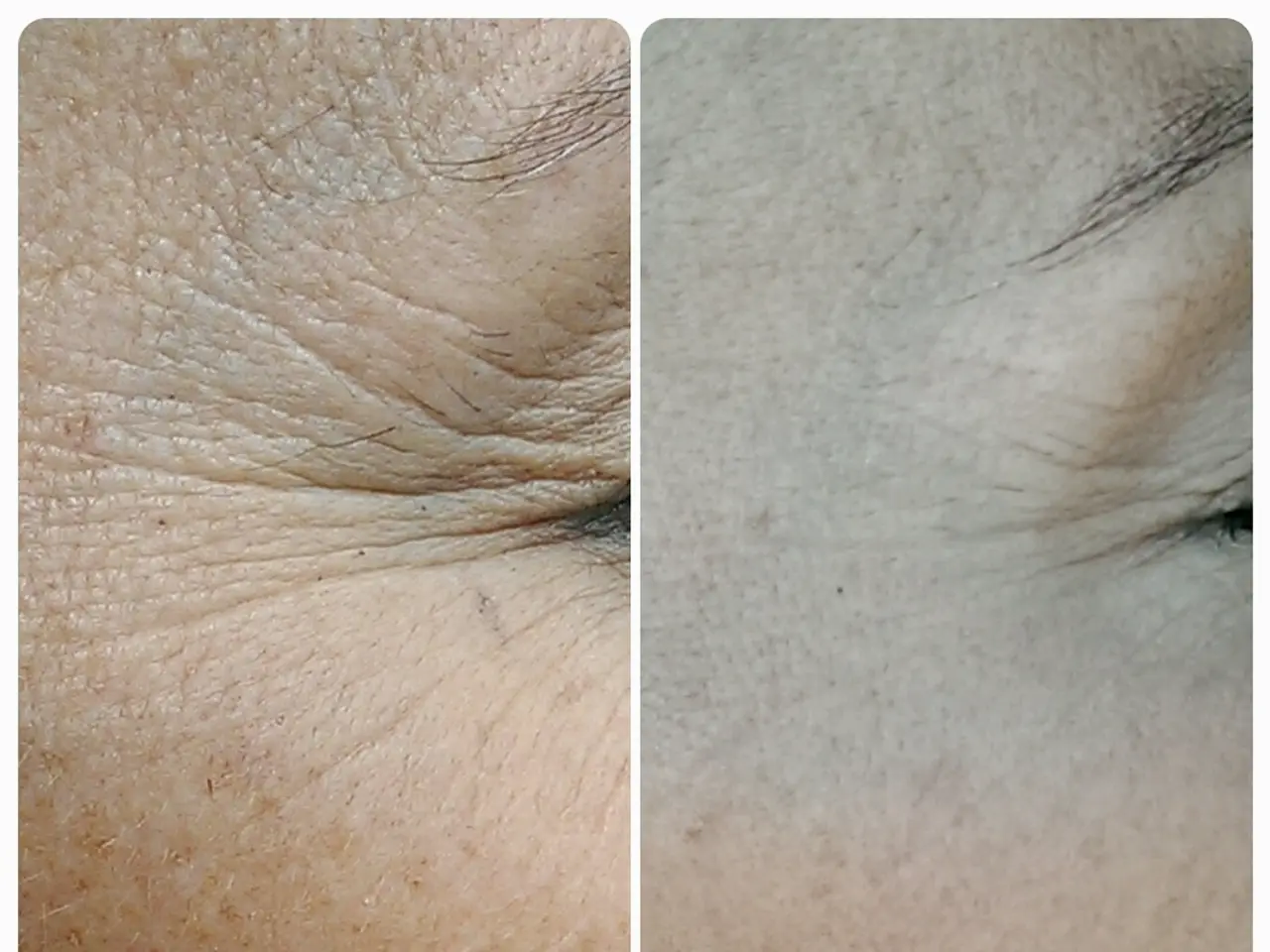Seizures resulting from dissociation: Understanding causes, signs, and treatments
Psychogenic non-epileptic seizures (PNES) are seizure-like episodes caused by psychological distress rather than abnormal electrical brain activity, distinguishing them from epileptic seizures.
Causes
PNES are considered a multifactorial condition, involving complex interactions among environmental, genetic, and psychological factors. The most common risk factor is childhood trauma. Emotional stress or conflict often triggers PNES, and the disorder is linked to dysregulation in emotional and motor control brain networks, particularly involving limbic regions.
Symptoms
While PNES and epileptic seizures can appear similar, PNES often have characteristic features: eye closure during the event, side-to-side head or body movements, asynchronous or irregular limb movements, crying or stuttering during the event, longer duration of events, and possible response to distraction during the seizure.
Treatment
Treatment for PNES does not involve anti-seizure medications, which are ineffective and generally discontinued after diagnosis unless epilepsy coexists. Instead, treatment focuses on patient education, psychotherapy (especially cognitive behavioral therapy), addressing comorbid psychiatric conditions with appropriate medications, and multidisciplinary approaches. Early diagnosis and communication are critical for better outcomes.
Differences Between PNES and Epileptic Seizures
| Aspect | Psychogenic Non-Epileptic Seizures (PNES) | Epileptic Seizures | |-------------------------|------------------------------------------------------------------|----------------------------------------------------| | Cause | Psychological distress, emotional trauma, and complex factors | Abnormal electrical brain activity | | EEG Findings | Normal EEG during seizures | Abnormal epileptiform discharges | | Physical Features | Eye closure, side-to-side head/body movements, crying, longer duration, possible distractibility | Typically tonic-clonic or other stereotyped patterns, no distractibility | | Treatment | Psychotherapy (mainly CBT), psychiatric meds if comorbidities, no anti-seizure drugs | Anti-seizure medications |
Important Reminders
- If someone does not experience any warning signs before a seizure, they should not drive.
- Seizure first aid includes removing potentially dangerous objects, guiding the person to a safe place, putting something soft underneath their head, speaking calmly, and not restricting movements or noise.
- People with a history of traumatic experiences may benefit from trauma therapies.
- Medications may help reduce the symptoms of underlying medical or mental health conditions and improve quality of life.
- A major component of treatment for PNES is psychotherapy, where a person can begin to understand the underlying cause of the seizures.
- During a PNES episode, a person may be dissociated, meaning they are not fully aware or in control of themselves.
- It is possible for a person to have both epilepsy and PNES.
- Doctors can sometimes diagnose PNES based on how the symptoms differ from those of epileptic seizures, and they may use video electroencephalography (EEG) monitoring to rule out epileptic seizures.
Resources for Crisis Support
If you or someone you know is in crisis and considering suicide or self-harm, various helplines are available for support, including the 988 Lifeline, Crisis Text Line, Befrienders Worldwide, and local emergency services.
Preventive Measures
- Abdominal breathing can promote calmness and prevent a seizure.
- A person should try to maintain a normal routine and independence wherever possible but ask for help if the symptoms of PNES are causing physical or emotional difficulty.
- Sensory grounding involves rubbing a rough or textured object between the fingers, placing the feet firmly on the ground, focusing on nearby objects, and listening to sounds.
Conclusion
Understanding PNES is crucial for appropriate diagnosis and management. While PNES can be challenging to live with, effective treatments are available, and early intervention can lead to improved outcomes. If you suspect you or someone you know may have PNES, seek medical help immediately.
- The treatment for Psychogenic Non-Epileptic Seizures (PNES) largely focuses on patient education, psychotherapy (especially cognitive behavioral therapy), addressing comorbid psychiatric conditions with appropriate medications, and multidisciplinary approaches, as it differs from the treatment for epileptic seizures which involves anti-seizure medications.
- While Psychogenic Non-Epileptic Seizures (PNES) share some symptoms with epileptic seizures, they can be distinguished by specific features such as eye closure during the event, side-to-side head or body movements, longer duration of events, and possible response to distraction during the seizure, as opposed to the stereotyped patterns of epileptic seizures.




